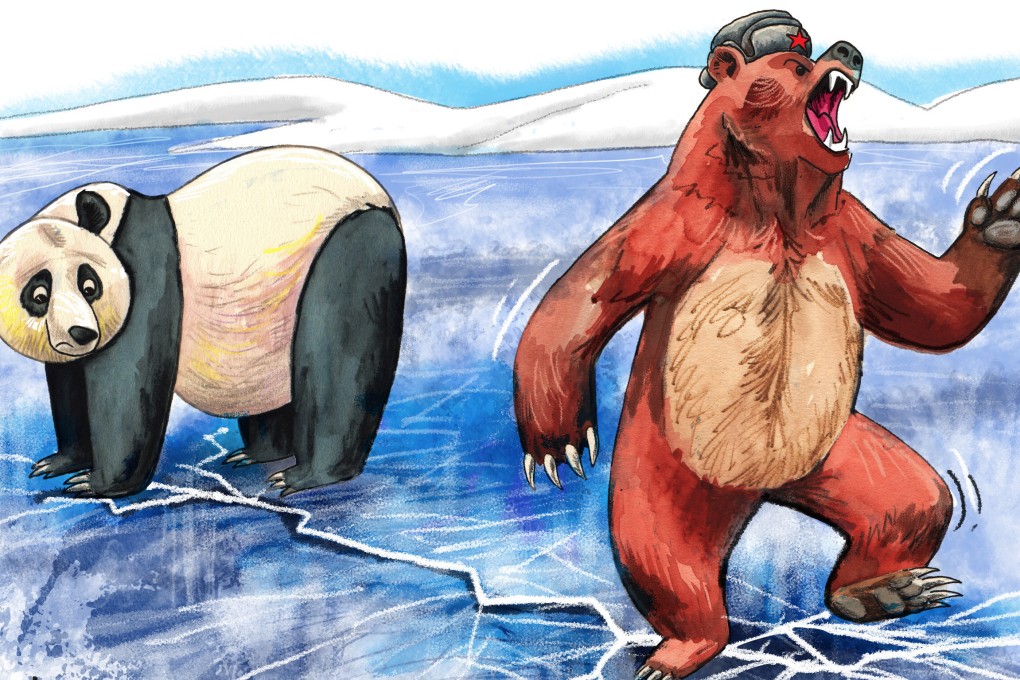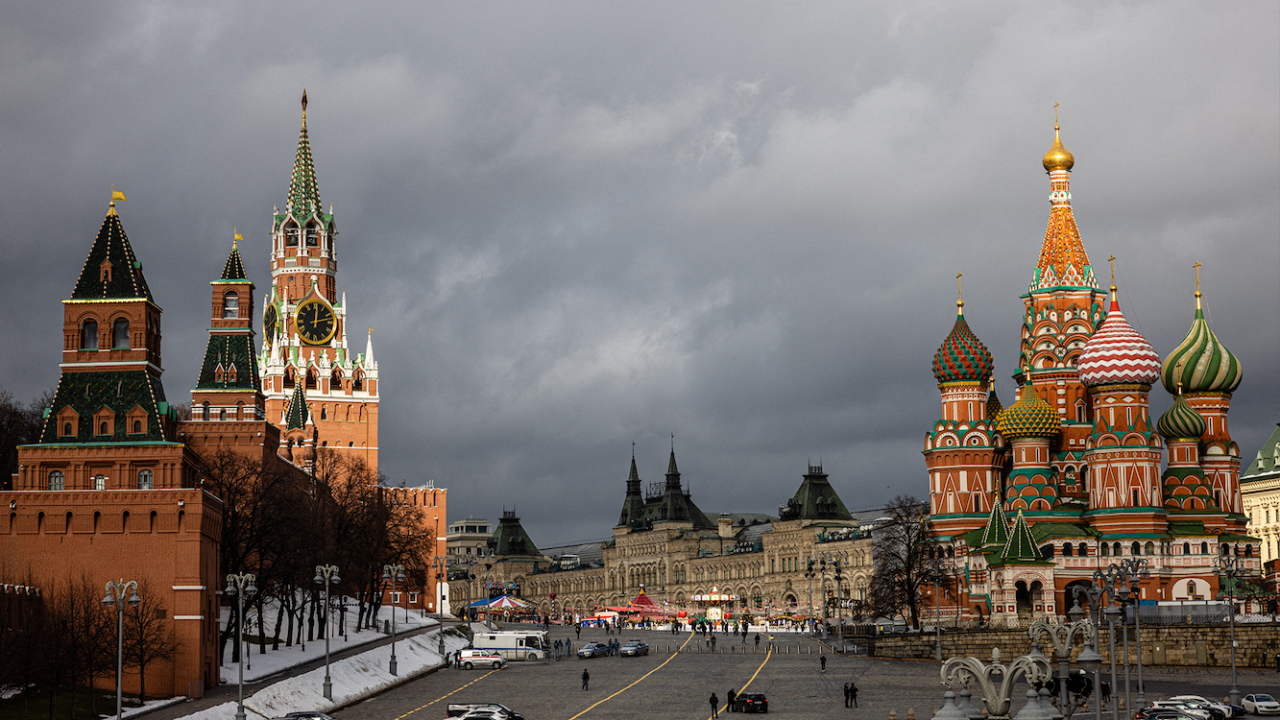Advertisement
Opinion | Ukraine war may freeze both Russia and China out of Arctic cooperation
- The war in Ukraine has brought the geopolitical importance of the Arctic region, previously thought to benefit from a disconnect from security concerns, into focus
- China has made significant investments in the Arctic, but could find itself cut off from regional decision-making if it chooses to side with Russia
Reading Time:4 minutes
Why you can trust SCMP
1

On March 3, seven Arctic Council member states – Canada, Denmark, Finland, Iceland, Norway, Sweden and the United States – issued a joint statement on cooperation following Russia’s invasion of Ukraine.
The representatives of these countries said they will not travel to Russia, the current council chair, for meetings and will temporarily pause participation in all meetings of the council and its subsidiary bodies. This raises serious barriers for international cooperation in the Arctic.
Following the end of the Cold War, the long-standing perception has been that the Arctic region would benefit from a disconnect from security concerns in other parts of the world. Instead, it would focus on non-traditional security issues, including development, education, health and communication, as well as the environmental effects of climate change and melting of the Arctic ice cap.
However, the geopolitical importance of the Arctic region is coming back into focus with the military escalation in Ukraine. Though there has yet to be any significant change in military movements in the Arctic and on Russia’s northern borders, Moscow’s dominant presence in polar politics will undoubtedly have a long-term impact on regional security and cooperation in the high north.
Nato is bound to increase its role in the Arctic. The Biden administration has expanded sanctions, targeting the Russian central bank with a new economic measure that immobilises any assets it holds in the US. On March 8, Biden imposed an immediate ban on Russian oil and other energy imports.
Canada, with one of the world’s largest overseas Ukrainian populations, also announced a wide array of sanctions against Russia, as well as support for Nato operations in Europe and assistance for Canadians leaving the war zone.
Advertisement

